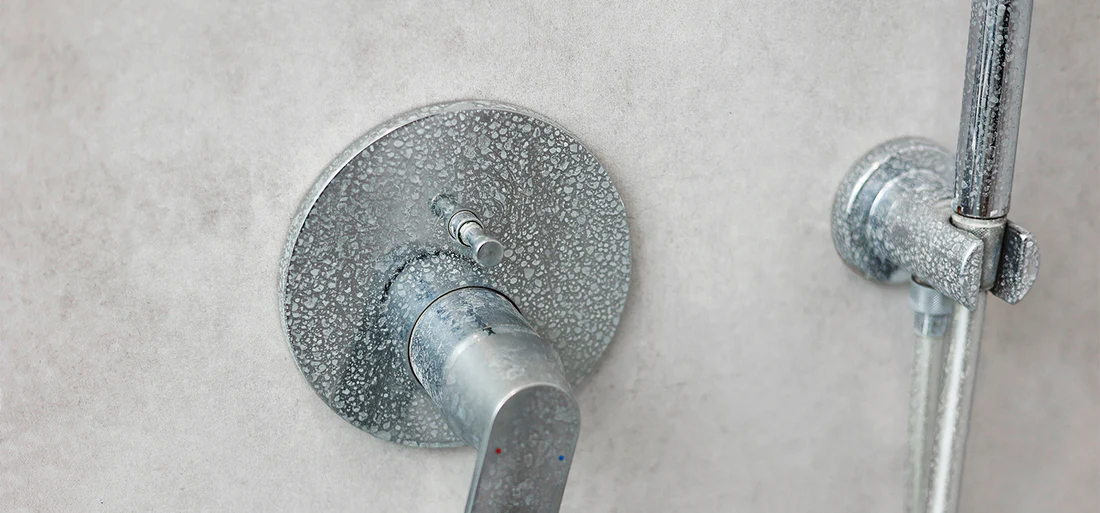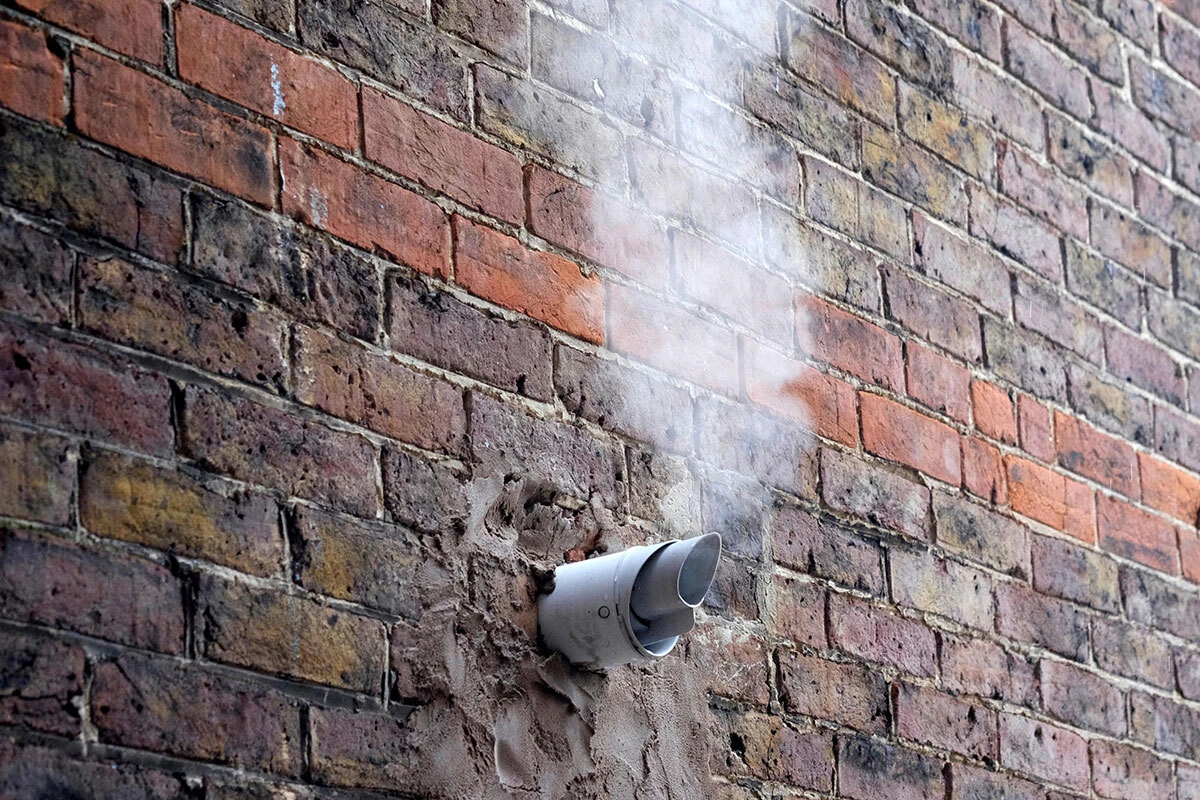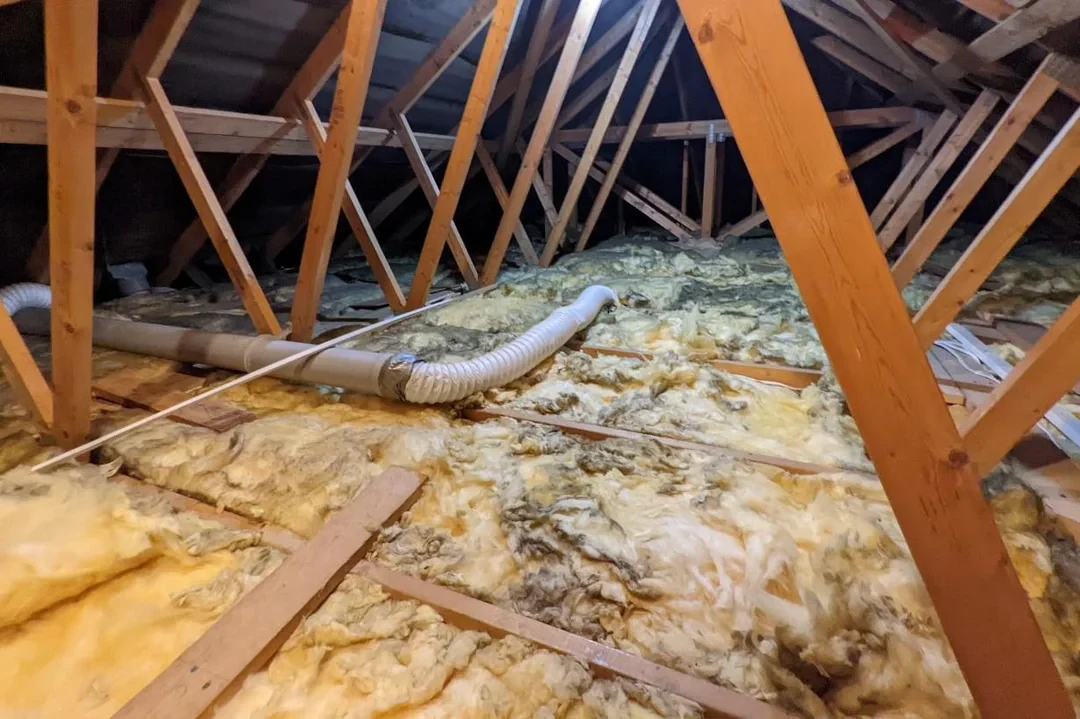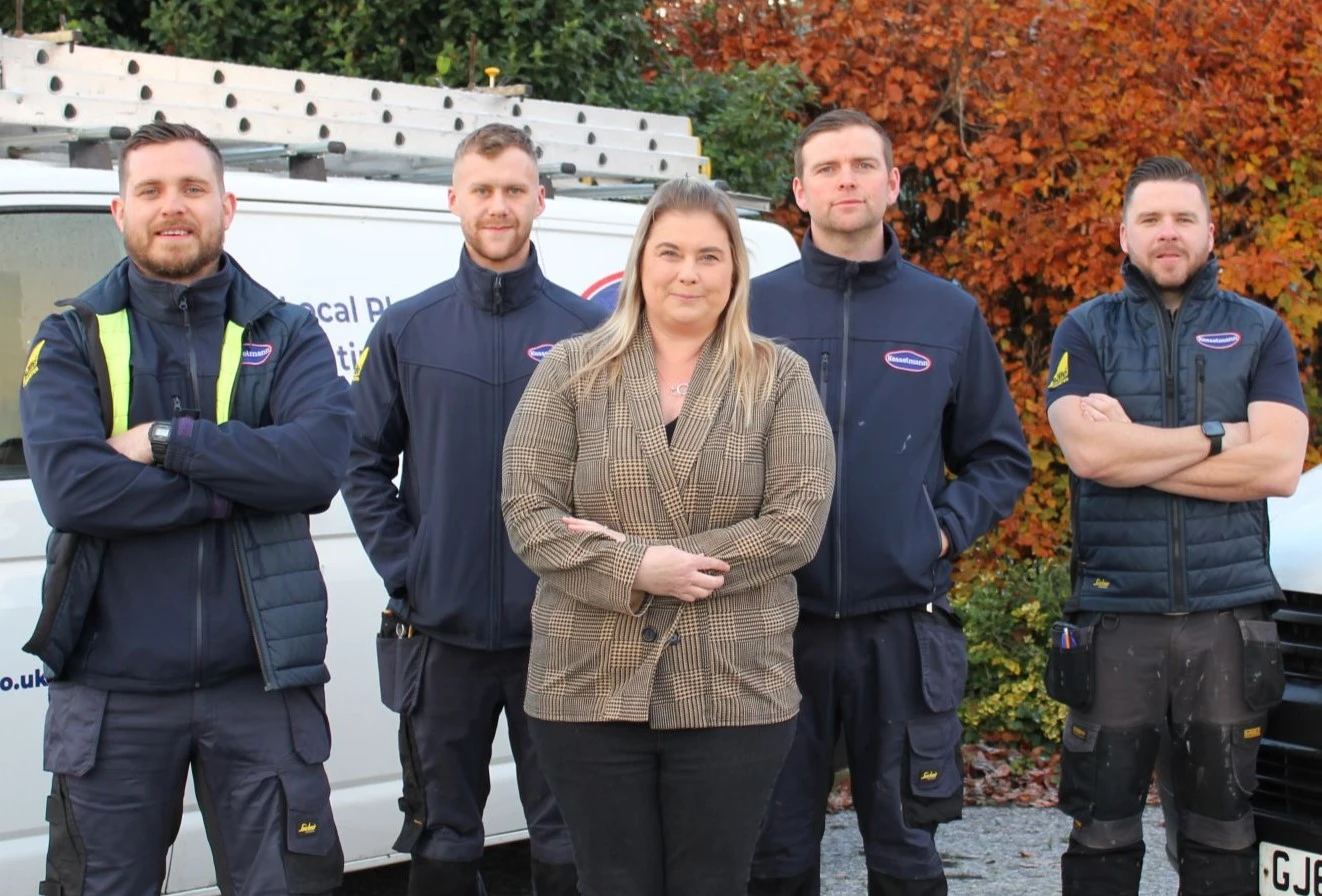01/01/2025

Water hardness can have a significant impact on your plumbing systems and appliances, influencing efficiency, longevity, and overall performance. Understanding the difference between hard and soft water, how they affect your home, and ways to manage these effects can help you make informed decisions and maintain a healthier plumbing system.
Here’s a detailed guide to understanding hard water, soft water, and their implications for your home’s plumbing.
What Is Hard Water?
Hard water contains high levels of dissolved minerals, primarily calcium and magnesium. These minerals are naturally absorbed by water as it flows through limestone or chalk-rich areas, which are common in many parts of the UK.
Characteristics of Hard Water:
Leaves white spots or streaks on glassware and dishes. Causes limescale build-up in kettles, taps, and appliances. Can make soap and shampoo less effective, resulting in a filmy residue on skin and hair. Often gives water a slightly metallic taste.
What Is Soft Water?
Soft water, on the other hand, has low concentrations of dissolved minerals. Rainwater is naturally soft, but it can pick up minerals as it passes through the ground. In areas where water sources are low in calcium and magnesium, the water remains soft.
Characteristics of Soft Water:
Produces more lather with soap and shampoo, making cleaning more efficient. Does not leave mineral deposits or limescale. Can sometimes feel “slippery” on the skin due to the absence of mineral residue.
How Hard Water Affects Your Home’s Plumbing
Hard water can have several negative effects on plumbing systems and appliances. Over time, these issues can lead to inefficiencies, higher energy bills, and costly repairs.
1. Limescale Build-Up
Minerals in hard water can accumulate in pipes, forming limescale. This reduces water flow and increases pressure on your plumbing system. Limescale also builds up in appliances like dishwashers and washing machines, reducing their efficiency and lifespan.
2. Increased Energy Costs
Limescale deposits on heating elements in boilers and water heaters act as an insulator, making it harder for the appliance to heat water. This increases energy consumption and costs.
3. Shortened Appliance Lifespan
Appliances exposed to hard water often require more frequent repairs and replacements due to mineral build-up and wear.
4. Blocked Taps and Showerheads
Limescale can clog taps and showerheads, leading to reduced water pressure and the need for regular cleaning or replacement.
5. Soap Inefficiency
Hard water makes it harder to form a lather, resulting in higher soap and detergent usage.
Benefits of Soft Water for Your Home
Soft water can alleviate many of the issues caused by hard water, making it a preferable choice for households.
1. Improved Appliance Efficiency
Without mineral deposits, appliances like dishwashers and washing machines work more efficiently, consuming less energy and lasting longer.
2. Reduced Maintenance Costs
Soft water prevents limescale build-up, reducing the need for frequent repairs or replacements of plumbing fixtures and appliances.
3. Better Cleaning Results
Soap and detergent dissolve better in soft water, leaving clothes, dishes, and surfaces cleaner.
4. Enhanced Skin and Hair Health
Soft water rinses away soap and shampoo residue more effectively, leaving skin and hair feeling softer and cleaner.
How to Test Your Water Hardness
Determining whether your water is hard or soft is essential for managing its effects on your home. Here are some simple methods to test water hardness:
Purchase a home water test kit to measure mineral levels. Check for visible signs like limescale in kettles, taps, or showerheads. Contact your local water supplier for a water quality report specific to your area. Conduct a simple soap test: Fill a bottle with water, add a few drops of liquid soap, and shake. If the water doesn’t produce much lather, it’s likely hard.
Managing Hard Water in Your Home
While you can’t change the natural hardness of water in your area, several strategies can help mitigate its effects.
1. Install a Water Softener
A water softener is a device that removes calcium and magnesium ions from water, replacing them with sodium or potassium ions. Water softeners are particularly effective for households in hard water areas, protecting plumbing and appliances.
2. Use Limescale Inhibitors
Magnetic or electronic limescale inhibitors reduce mineral deposits without altering the chemical composition of water. These devices are easy to install and can help minimise limescale build-up in pipes and appliances.
3. Descale Regularly
Use a descaling solution or vinegar to remove limescale from kettles, taps, and showerheads. Perform routine maintenance on appliances to keep them running efficiently.
4. Choose Hard Water-Friendly Products
Use detergents and cleaning products formulated for hard water to improve cleaning results and prevent residue.
Final Thoughts
Understanding the difference between hard and soft water is key to maintaining an efficient and durable plumbing system. Hard water, while common in many areas, can cause a range of problems from limescale build-up to increased energy costs. By taking proactive steps like installing a water softener or using limescale inhibitors, you can mitigate these issues and extend the lifespan of your plumbing and appliances.
Whether you’re dealing with hard water challenges or want to enhance your home’s efficiency in East Yorkshire or North Lincolnshire, our Hull based plumbers can help. Get in touch with us today for expert advice and solutions tailored to your home’s needs.













